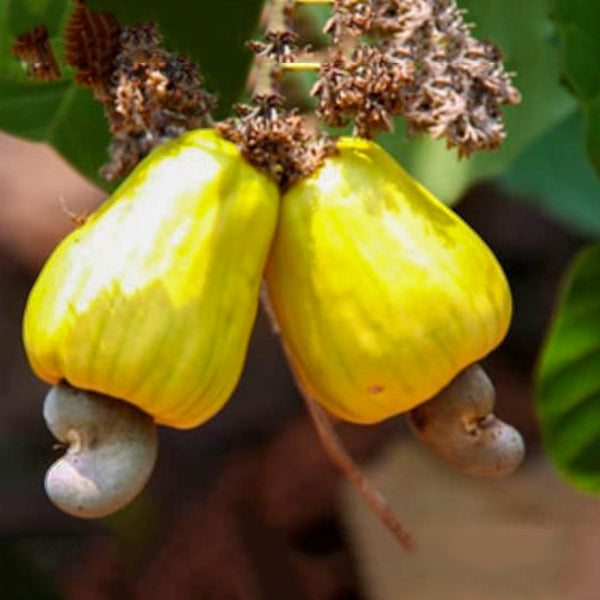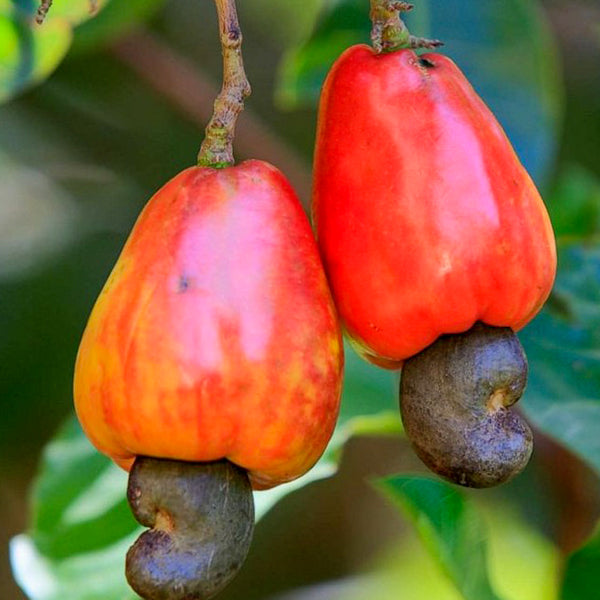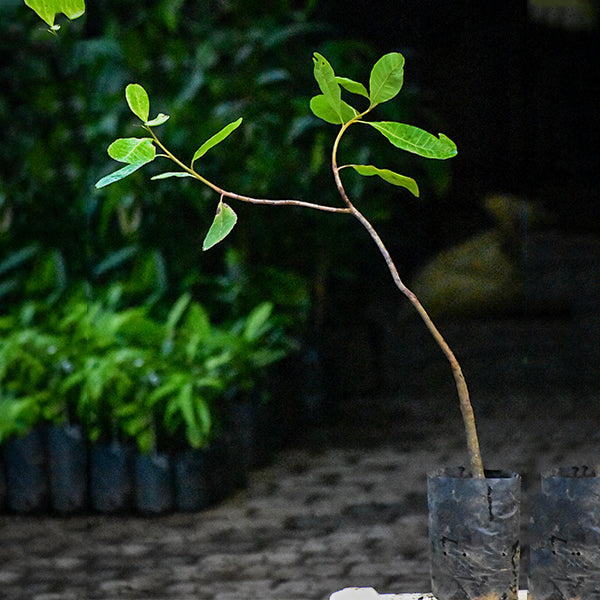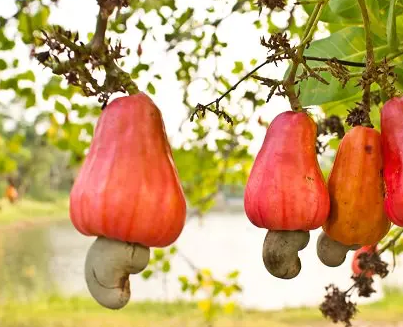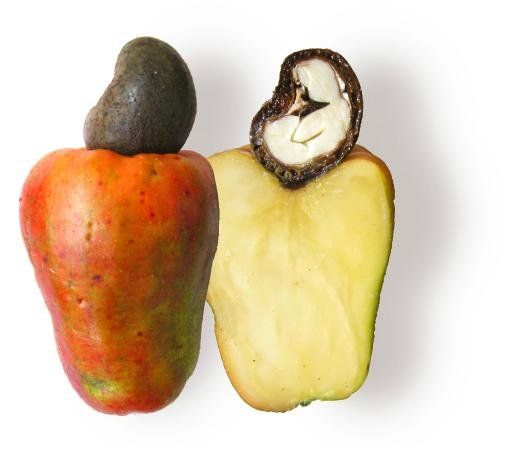The fruit is used for anthelmintic, aphrodisiac, ascites, dysentery, fever, inappetence, leucoderma, piles, tumors, and obstinate ulcers. The bark and leaves are used for sore gums and toothache. Juice of the fruit is used for hemoptysis. Sap discutient, fungicidal, repellent.
